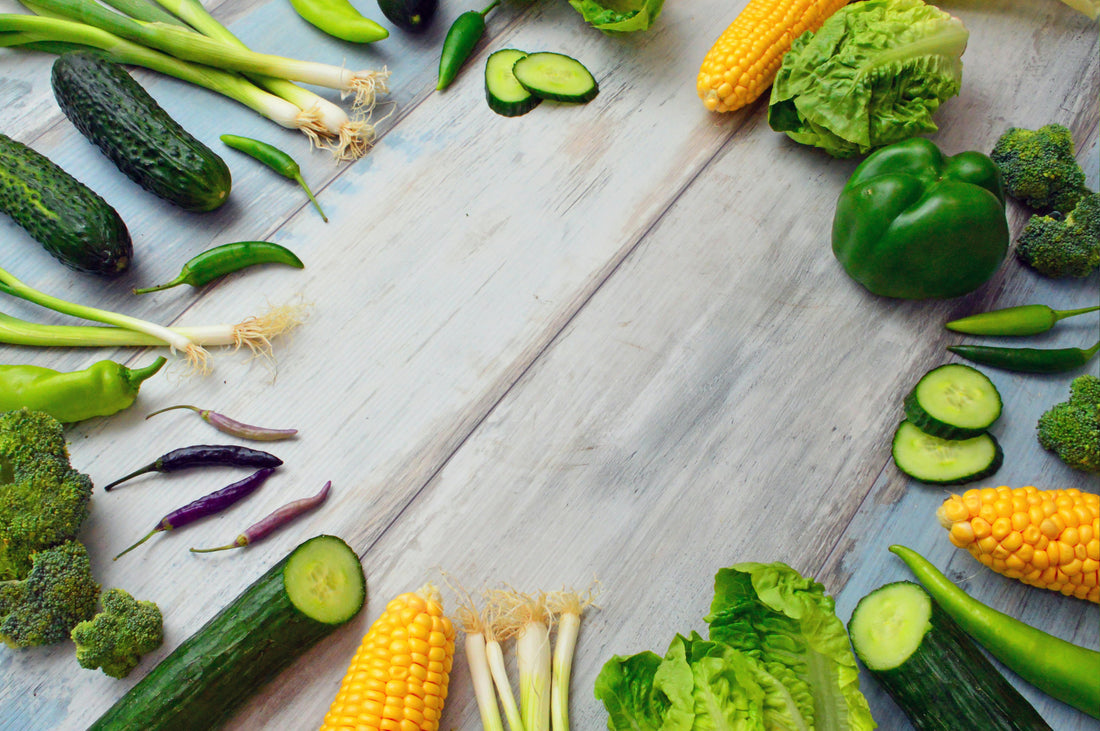
Why Most Americans Don’t Eat Enough Vegetables—And What to Do
Despite endless advice from doctors and nutritionists, most Americans still aren’t eating enough vegetables. According to the CDC, only about 1 in 10 adults meet the recommended daily intake of vegetables. That recommendation? Roughly 2.5 to 3 cups of vegetables each day, depending on age, sex, and activity level. But the truth is, many people are falling well short—and it’s impacting their health in serious ways.
So, why is it so hard to eat enough vegetables?
One big reason is convenience. In a fast-paced world filled with grab-and-go meals, vegetables often get left behind. Unlike packaged snacks or frozen dinners, fresh veggies usually require washing, chopping, and cooking. For many busy people, that’s a step too far after a long day. And while vegetables can be just as quick and satisfying when prepared well, they don’t always get that treatment at home or in restaurants.
Taste is another common issue. If you grew up with overcooked broccoli or bland salads, you might not have the best memories of vegetables. Many people just haven’t had the chance to experience how delicious veggies can be when roasted, grilled, or spiced up with herbs and sauces.
Cost and access are also major barriers. In some areas, especially low-income or rural communities, fresh produce can be expensive or hard to find. Even when it’s available, it’s often pricier than fast food or shelf-stable processed options that can feed a family quickly and cheaply.
Then there’s the simple fact that many people don’t realize just how vital vegetables are for overall health. Vegetables provide essential vitamins, minerals, fiber, and antioxidants that help support everything from digestion to heart health to immune function. When you don’t eat enough, your body misses out—and over time, that can lead to chronic problems like diabetes, high blood pressure, and even cancer.
Fortunately, if you're not meeting your vegetable goals every day, there are ways to help fill in the gaps—without having to overhaul your entire lifestyle.
Enter supplements and green juices like Vitaminis Daily Greens.
While nothing beats whole vegetables, high-quality greens powders and vegetable-based supplements can be a practical backup. These products are often packed with concentrated nutrients from kale, spinach, broccoli, spirulina, and other greens, giving you a quick boost when you’re short on time or ingredients. Vitaminis Daily Greens leverages these ingredients to offer a rich mix of Vitamins A, E, D and Folate in a tasty green apple pear juice. Vitaminis, like many other offerings, are easy to add to a smoothie or drink straight, making an easy addition to your morning routine.
Cold-pressed green juices are another option. While they don’t have the fiber of whole vegetables, they can still provide a potent dose of vitamins and minerals. Just be sure to check the label—some green juices are loaded with added sugar or fruit juice, which can cancel out the health benefits. (Vitaminis juices have NO added sugar!)
In an ideal world, we’d all be cooking fresh, colorful meals every day. But life isn’t always ideal—and that’s where supplements and juices can help bridge the gap. Think of them not as a replacement, but as support. Combined with even small improvements in your regular diet, they can go a long way toward better health.
So whether you’re trying to improve your energy, immunity, or just feel better day to day, don’t underestimate the power of vegetables—and don’t be afraid to get a little help from a scoop or a sip when you need it. We at Vitaminis are here to make getting important nutrients from greens easy, tasty and fun. Vitaminis: Drink Your Vitamins.
